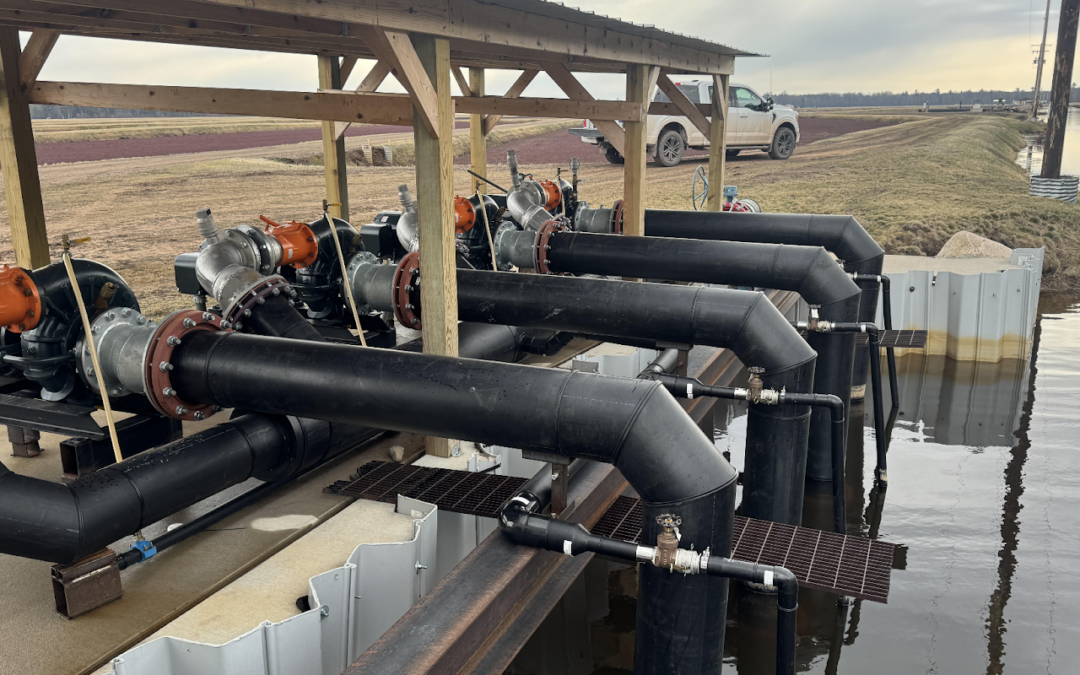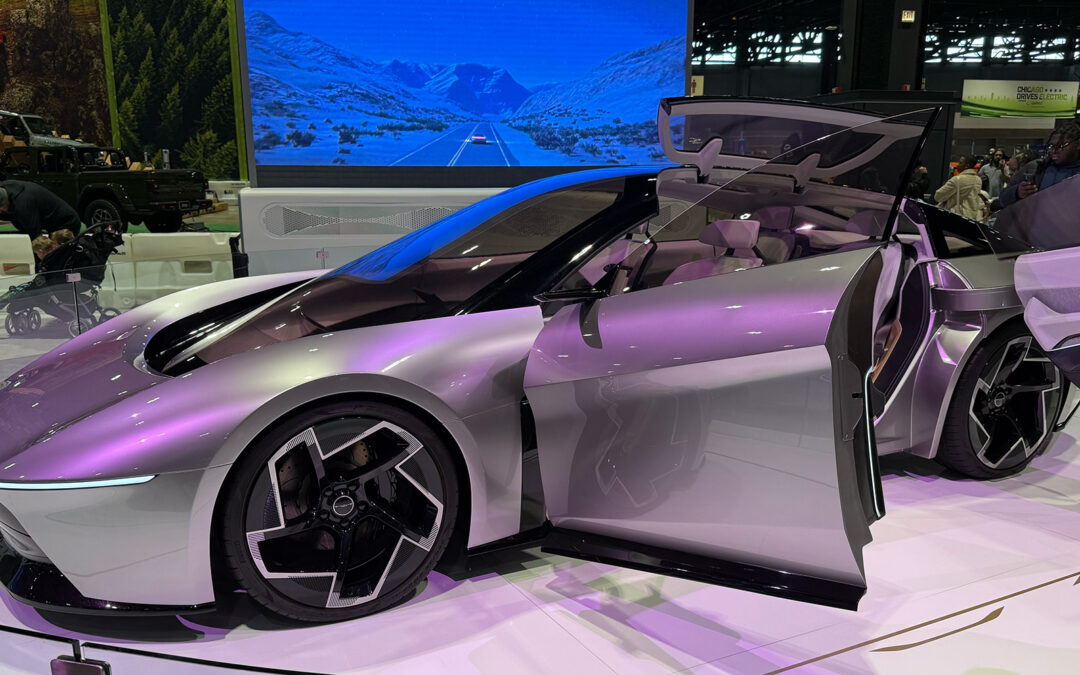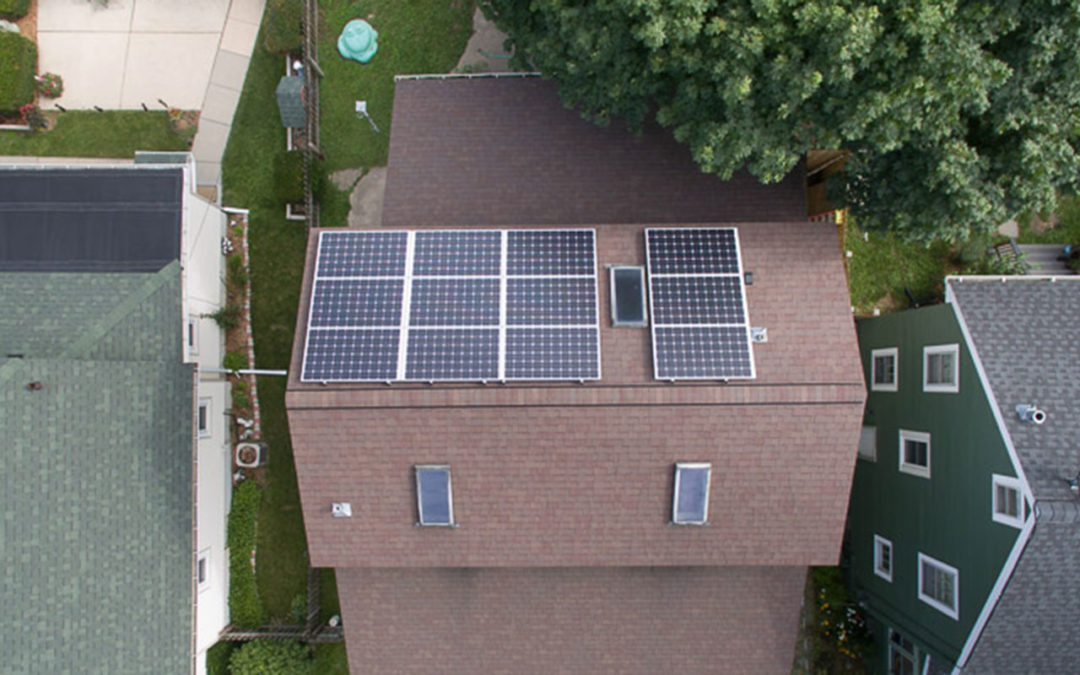
How a Fourth-Generation Wisconsin Cranberry Farm Electrified Its Operations to Power Family Traditions
Nestled among the lakes and forests of the Northwoods, Bartling’s Manitowish Cranberry Co. has been cultivating cranberries for over 75 years. While the fourth-generation, family-owned farm is rooted in tradition, brothers and co-owners Steven and David Bartling often look to the future. Their most recent venture was to replace aging diesel-powered irrigation pumps with clean, energy-efficient electric systems, supported in large part by federal grants available to farmers and rural business owners.
“Our farm mindset is to make our farm better for the next generation, and this project will definitely help us achieve our mission,” said David Bartling.

Brothers and co-owners David (left) and Steven (right) Bartling are proud to be fourth-generation farmers in Wisconsin, the leading cranberry-producing state in the US. Source: Bartling’s Manitowish Cranberry Co.
For the Bartlings, sustainability is a long-standing family value. “It is second nature to us—we don’t really think about it. Our vision is to cherish who we are and where we came from, and the land and water around us,” said Bartling.
With over 180 acres of cranberry beds and another 200 acres of support land, Manitowish Cranberry Co. harvests between 4 and 7 million pounds of cranberries each year. Operating at this scale requires a significant amount of energy, especially when it comes to irrigation.
To modernize their irrigation infrastructure, the Bartlings replaced nine of their 12 diesel irrigation and anti-frost pumps with electric pumps—machines that are 98% efficient, about 12% more efficient than their diesel predecessors. These new pumps drastically reduce the farm’s reliance on fossil fuels, eliminate the need for large diesel deliveries, and reduce harmful carbon emissions that can degrade the local air and water quality.
Funding for Electrification: REAP and EQIP
While the environmental benefits of electrification were compelling on their own, the available financial incentives turned the Bartlings’ idea into reality. Manitowish Cranberry Co. received a $68,000 grant from the Rural Energy for America Program (REAP), a USDA initiative funded through the Inflation Reduction Act that offers funding to agricultural producers and rural small businesses looking to invest in renewable energy systems or energy efficiency improvements. The grant covered 25% of the cost of their electric irrigation pump system.
“Like most projects, the cost exceeded our planned budget, but the REAP grant helped bring the cost down,” Bartling reflected.
In addition to REAP, the Bartlings also used the Environmental Quality Incentives Program (EQIP), another USDA-backed initiative that provides technical and financial support to help farmers adopt conservation practices. Through EQIP, they were able to fund additional upgrades and improve overall irrigation efficiency.
Despite having never applied for a grant, the Bartlings took a proactive approach. They started by researching potential funding sources online and reached out to grant writers to help them navigate the application process.
“[The grant writer] did a lot of the legwork of the application, so I didn’t have to learn those details on top of the project,” said Bartling. “Their fee was very minimal for the total amount received.”
The success of their first grant experience with REAP has inspired them to encourage other farmers to do the same.
Development and Installation
The transition from diesel to electric went smoothly and began with a clear vision and the right partners in Spring 2021. “This project took a lot of planning and ambition, from taking a couple of years to bring in power lines, to installing sheet piling and concrete for the pump station, and finally installing the pumps and extending the mainlines to the existing irrigation system,” said Bartling.
One of the biggest logistical hurdles was the 19-month wait to receive key electrical components for the project. Once they had all the needed parts, the Bartlings used their in-house technical expertise to complete the installation themselves. Because the project was relatively small in scale, there was no need for town or county-level involvement.
Tangible Financial and Operational Benefits
Investing in electrification has already begun to pay off. From a financial standpoint, the Bartlings have significantly reduced their fuel costs and are saving money by operating their electric pumps during off-peak evening hours when electricity rates are lower.
Operationally, the new system is far easier to maintain. Unlike their diesel counterparts, the electric pumps don’t require frequent, technical repairs, and the Bartlings can complete most of the maintenance themselves. The pumps are also remotely controlled via a mobile app, allowing the brothers to monitor and adjust irrigation settings without traveling across the entire property. This time-saving upgrade allows them to focus on other aspects of their business.
Advice to Other Farmers: Start the Conversation
The Bartlings plan to continue exploring ways to electrify and modernize their operations, always with an eye toward sustainability, efficiency, and family legacy. For farmers considering electrification or a shift to renewable energy, Bartling suggests connecting with others who have already completed similar projects. Learning from their experiences can make the process more manageable, and Bartling is open to being a resource himself.
He concluded, “I have no regrets—I absolutely enjoyed the project and would do it again if we had the opportunity.”
To learn more from the Bartlings’ experience, email David at davidjbartling@gmail.com.
For more information on REAP and other federal renewable energy and electrification funding programs, please reach out to info@renewwisconsin.org.



